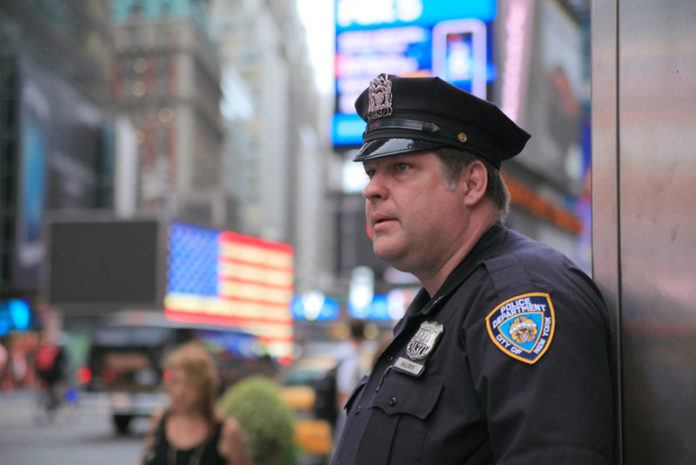
In his more than 36-years as a military and police officer, including years devoted to training those who currently serve, David “Bo” Bolgiano says he never met a peace officer who got up in the morning thinking, “Gee, I hope I get to kill someone today.” In today’s “hot take” culture, where everyone from community activists to politicians are blessed with immediate, social-media transmitted insight into police use of deadly force, Boligiano’s recent deep-dive into the legal foundation for the use of deadly force by police, is a refreshingly rare moment of sober reasoning on an issue often statistically overblown; a debate typically book-ended between “all cops are racist killers,” and “every police action is justified.”
The lesson from Bologiano’s expert analysis of the case law and reasoning behind police use of force in the May edition of the Maryland Bar Journal, is that the aim of societal discussions and government action regarding the use of deadly force, should center on the circumstances of these incidents before they happen, rather than focus primarily (if not exclusively) on the legal proceedings that follow. The notion that only frequent and successful prosecutions of police will bring change, is not only woefully political, it searches for a simplistic resolution the courts made intentionally hard to achieve.
As Bologiano explains, decades of case law carve out a significant margin of error for police when it comes to deadly force, as necessary “to protect officers from the sometimes hazy border between excessive and acceptable force.” The courts, including the U.S. Supreme Court, recognize the danger in placing the officer in an environment where he is supposed to pause to consider the legal nuances of his actions, in situations where split-second decisions could mean the matter of life and death; not just for the officer, but the public as well. Furthermore, given the high-pressure and complex nature of their work, the courts are reluctant to “second guess” police action, regardless of whether the force is later believed to be excessive or unlawful.
This is not to say that police have or should have complete immunity. The courts do make exceptions allowing for prosecution when actions of police demonstrate “only a purpose to cause harm.” However, as Bologiano notes, “neither the law nor reason requires a law enforcement officer to use the least forceful means available to stop a threat or make an arrest, only an objectively reasonable means.”
The broad safe harbor afforded to police is, as we know from recent incidents, not a politically expedient response to controversial actions by them; but it is an intentional design of the courts to keep police effective and the public safe. Attempts to dismantle this system via politically motivated decisions, like President Obama’s attempts to place local police departments under the purview of Washington, set to undo decades of carefully considered and reality-based case law.
To be sure, police make honest mistakes, and sometimes make terrible decisions. Yet, it is disingenuous to assume those actions are not taken seriously, or are part of a larger conspiracy, simply because officers are not eventually prosecuted in accordance with mob rule. Prosecutors should and can pursue charges when warranted, but blindly pursuing them out of political avarice (as appeared to be the case in Baltimore in 2015), or in the irrational hope of effecting institutional change, is a deeply mistaken and ultimately dangerous course of action.
Another worthy pursuit would be reducing the over-criminalization of our society, in which even selling “loose cigarettes” can end in a deadly police encounter. By reducing the reasons police would need to confront citizens, it naturally follows the potential for escalation would also be reduced.
The easiest and quickest way, however, to decrease the use of deadly force against citizens (rare as it is, contrary to media hype), is simply by treating police with respect, and obey their commands – even when they are wrong. Citizens should know their rights, including the right to not answer questions and have an attorney present when they do choose to speak; but ignoring an officer’s orders, engaging in back-talk or insults towards them, attempting to flee, or worst of all, physically resisting an arrest, is never an acceptable “protest.”





























